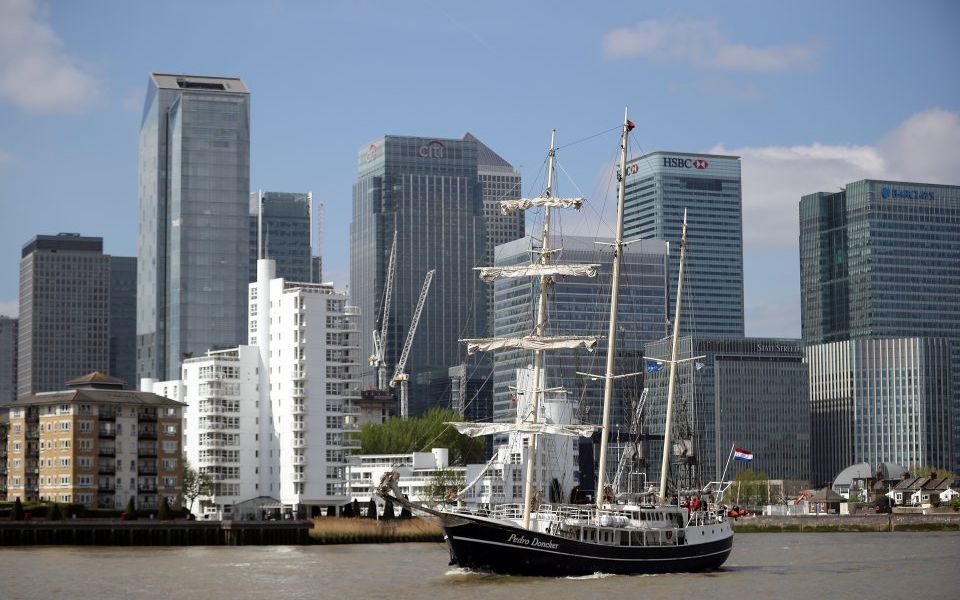British banks ‘resilient’ even in no-deal Brexit, says Moody’s

Britain’s banks have grown more “resilient” to shocks despite an increased likelihood of a no-deal Brexit, an influential credit ratings agency said today.
Moody’s Investor Service said the UK banking sector has a “stable” outlook in spite of an expected decline in economic growth, in a report published today.
Profitability for British lenders will improve over the course of the next year in the absence of the big fines and legal action which have characterised the decade since the financial crisis, it said.
Read more: City leaders sound alarm over risk of no-deal Brexit ‘cliff-edge’
The broader financial services sector has been hurriedly preparing for the worst ahead of the UK’s departure from the EU, amid repeated warnings from Prime Minister Theresa May that the UK could leave without a deal. Banks dealing across borders in particular have rushed to set up subsidiaries in the EU to allow them to continue serving European clients.
Yet Moody’s said that British banks’ strong balance sheets and ample liquidity – both of which have improved under orders from regulators – will enable them to ride out any economic damage from Brexit uncertainty. Ratings agencies' opinions are closely followed because higher ratings can make it cheaper to borrow money.
“The banks’ strong capital, improving profitability and robust liquidity will offset deteriorating operating conditions and asset quality,” the report said.
Even under the agency’s most stressed scenario, banks’ capital ratios will fall to only 9.7 per cent, significantly higher than the expectation for other comparable countries in conditions where net interest income falls by a third.
Read more: City firms hold back Brexodus in hope a deal can be reached
That outlook remains predicated on a relatively smooth Brexit process, not a disorderly “hard” Brexit in which trade terms default to World Trade Organization rules overnight. That possibility has “risen in recent months”, Moody’s said, although it added that the “moderate” credit consequences of “no deal” will mainly be borne through the broader hit to the economy.
Moody’s forecasts show that British economic growth will slow in the coming 18 months owing to uncertainty holding back investment and spending, causing default rates to rise for the banks whose lending has been credited with sustaining consumer spending in the past two years.
Britain’s incumbent banking sector also faces increased pressure from fintech firms targeting the most profitable – and often uncompetitive – parts of their business, Moody’s said.
Read more: No-deal Brexit border delays could prompt wave of bankruptcies says poll